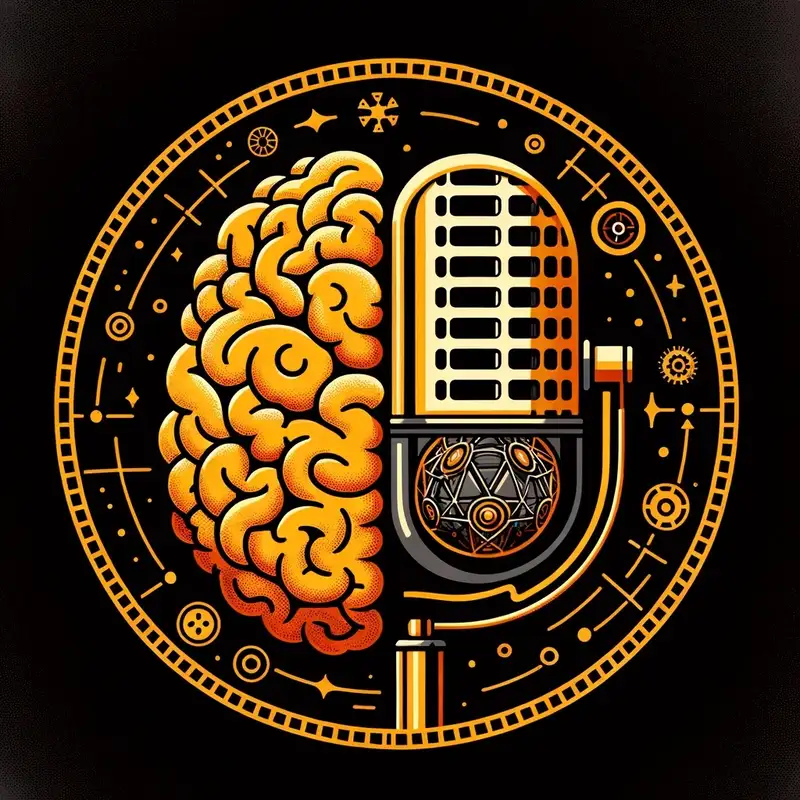Can We Uncover The Psychology of a "Karen"?
Understanding Defensive Reactions and Cognitive Dissonance
In this episode of PsyberSpace, host Leslie Poston digs into the psychological triggers of defensive reactions when personal beliefs are challenged, often manifested in viral 'Karen' incidents. Poston explores cognitive dissonance, introduced by Leon Festinger, as the discomfort arising from holding contradictory beliefs, and how this leads to defensive behaviors rather than introspection or change. The episode discusses the role of cognitive processes and social identity theory in contributing to these reactions, emphasizing the impact of factors like confirmation bias, societal and cultural expectations, and privilege. Through real-world examples and psychological research, the discussion highlights the importance of understanding these dynamics in both personal growth and society-wide coherence. The episode also suggests strategies such as meditation, emotional regulation skills, and community dialogues to mitigate defensive reactions and foster a more inclusive, empathetic society.
00:00 Welcome to PsyberSpace: Unpacking Psychological Triggers
00:22 The Psychology Behind 'Karen' Incidents
01:08 Understanding Cognitive Dissonance
03:57 The Impact of Confirmation Bias
06:47 Exploring Social Identity Theory
09:09 Digital Dynamics and Group Identity
09:45 Real-World Examples of Cognitive Dissonance and Social Identity
15:43 Strategies to Mitigate Defensive Reactions
18:04 Concluding Thoughts on Understanding and Empathy
★ Support this podcast ★
00:22 The Psychology Behind 'Karen' Incidents
01:08 Understanding Cognitive Dissonance
03:57 The Impact of Confirmation Bias
06:47 Exploring Social Identity Theory
09:09 Digital Dynamics and Group Identity
09:45 Real-World Examples of Cognitive Dissonance and Social Identity
15:43 Strategies to Mitigate Defensive Reactions
18:04 Concluding Thoughts on Understanding and Empathy
Creators and Guests


